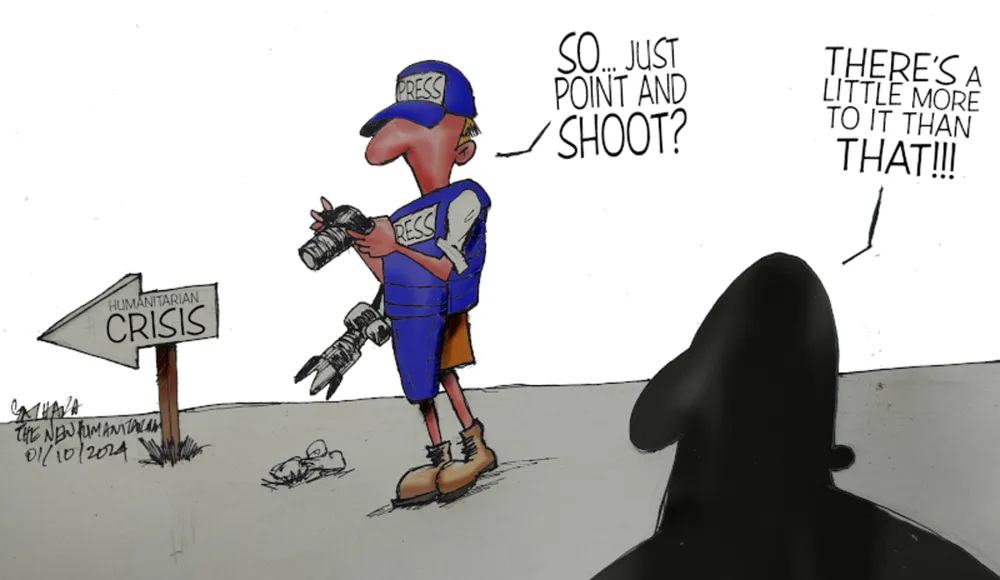Global South
Generative AI in Journalism and Journalism Education: Promise, Peril, and the Global North–South Divide
Generative AI is transforming journalism and journalism education, but this article shows that its benefits are unevenly distributed, often reinforcing Global North–South inequalities while simultaneously boosting efficiency, undermining critical thinking, and deepening precarity in newsrooms and classrooms.
Lost in Translation: The Global South and the Flaws of Content Moderation
Global Rules, Local Consequences: How Biased Moderation Fuels Disinformation in the Global South. Unequal systems of AI and human oversight are failing to protect and often silencing non-Western voices online.
Challenges of Unequal Data Flow on Southern Narratives
The digital revolution has widened the gap between the Global South and the North. Beyond theories that attribute this disparity to the North's technological dominance, the article explores how national and local policies in the South shape and influence its narratives.
Decolonise How? Humanitarian Journalism is No Ordinary Journalism
Unlike most journalism, which involves explaining societies to themselves, war reporting and foreign correspondence explain the suffering of exoticised communities to audiences back home, often within a context of profound ignorance about these othered places. Humanitarian journalism seeks to counter this with empathetic storytelling that amplifies local voices and prioritises ethical representation.
Digital Colonialism: The Global South Facing Closed Screens
After the independence of the Maghreb countries, the old resistance fighters used to say that "colonialism left through the door only to return through the window," and now it is returning in new forms of dominance through the window of digital colonialism. This control is evident in the acquisition of major technological and media companies, while the South is still looking for an alternative.
Bolivia’s Mines and Radio: A Voice of the Global South Against Hegemony
Miners' radio stations in the heart of Bolivia's mining communities, played a crucial role in shaping communication within mining communities, contributing to social and political movements. These stations intersected with anarchist theatre, educational initiatives, and alternative media, addressing labour rights, minority groups, and imperialism.
Voting in a Time of Genocide
The upcoming U.S. presidential election occurs against the backdrop of the ongoing genocide in Gaza, with AJ Plus prioritising marginalised voices and critically analysing Western mainstream media narratives while highlighting the undemocratic aspects of the U.S. electoral system.












